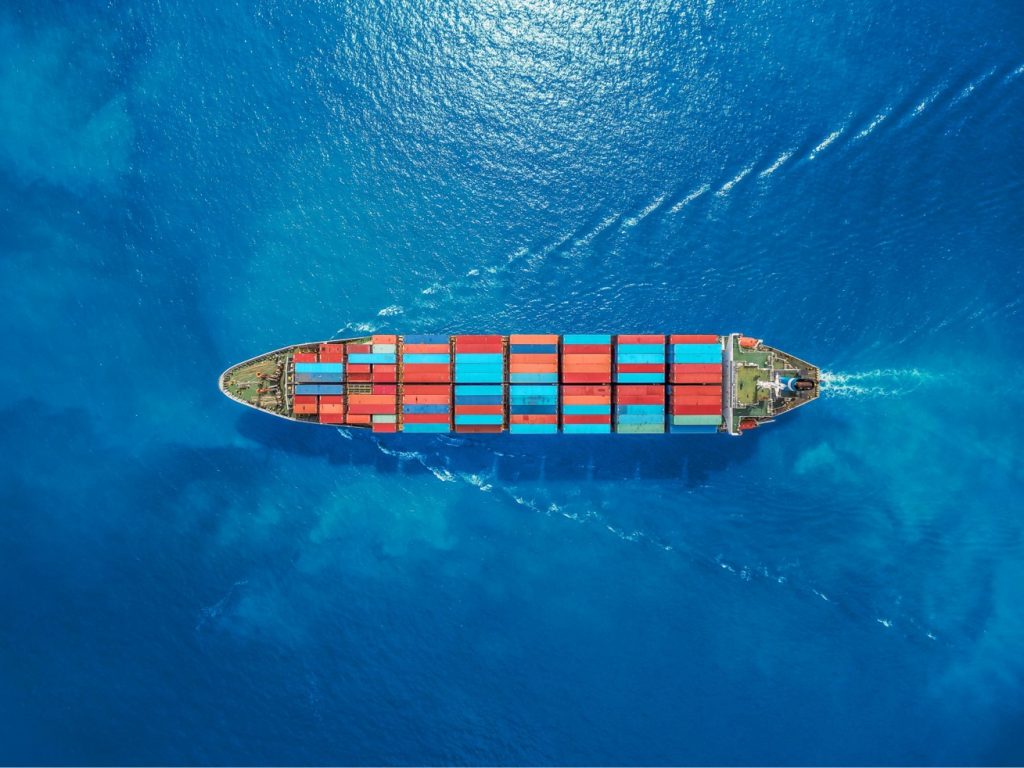When Angela Dorothea Merkel became president of her party, the CDU, in 2000, her sights were set on the highest echelons of leadership in Germany. In 2005, she followed Helmut Kohl, her mentor, and Gerhard Schroder by becoming the third post-war leader of a united Germany. Furthermore, she was the the first who grew up in Eastern Germany. Even then few would imagine that the former research assistant, with a PhD in quantum chemistry, would go on to become arguably Europe’s most influential leader since 1945.
After almost two decades of service and following heavy losses in local elections in Hessen and Bavaria, Angela Merkel announced that she would be stepping down as party leader in December and as Chancellor in 2021. The decision, although not terribly surprising, sent reverberations across financial markets, who have seen her as a pillar of stability after the 2011-12 Euro crisis.
Who is Angela Merkel?
To understand the repercussions for markets, we first need to understand the political ramifications of her decision, as well as the nature of her leadership.
Ms Merkel has been at the helm of Europe for almost a decade. Although decisions are nominally taken in Brussels by collective instruments such as the Eurogroup, Ms Merkel had managed to create a Bismarckian-like coalition within Europe, making her government the true centre of power. The creation of this coalition might not have been a matter of premeditated policy but of her own ability to adapt. A former Marxist, she quickly condemned communism after the Berlin wall fell. A protégé of Helmut Kohl, she denounced him for his role in accepting “black money” prior to 1998. A Russian speaker who quickly befriended Vladimir Putin, her northern neighbour and purveyor of Germany’s energy needs, she acquiesced to hard sanctions after Russia annexed Crimea. That flexibility allowed her to become a first class stateswoman, credited with creating a world-class economy and saving Europe, whilst turning Berlin into the definitive European powerhouse.
Common sense dictates that the loss of such a leader will be a blow for Europe. However, a closer look at Ms Merkel’s decision might conjure arguments to the contrary.
Her greatest achievement; turning the German economy into the economic steam engine of Europe, was hardly her own. The reforms which led to that result were put in place by her predecessor, Mr. Schroder. The implementation of those reforms was actually the work of her closest ally, and virtual co-governor, Wolfgang Schauble. Mr Schauble was not a typical party elder or finance minister. He was Kohl’s chosen successor who fell on his sword for the 1998 scandal and stepped down as party chair. He still remained central to the party, managing the economy, the Eurogroup and the key coalition with the CDU’s Bavarian sister party, the CSU. In European matters, he was the essential “Bad Cop” to Ms. Merkel’s “Good Cop”. It was his virtual retirement earlier this year which might have appeased European leaders who wanted to get rid of the “grumpy paymaster” but dealt a blow to the CSU-CDU coalition, as well as the idea that Ms. Merkel has the German voters’ best interests at heart.
And what about Europe? While Ms Merkel has been seen as a pillar of stability, it was Mario Draghi’s impromptu “Whatever It Takes” speech, which thwarted attacks on the Euro and European bonds, restoring stability during the crisis. Ms Merkel’s contribution was not to challenge that directly. However when QE was enacted, she made sure that only 20% liabilities stayed with the ECB, with national central banks liable for 80% of the securities bought. And while she may have contributed to the creation of backstops after the Greek default, like the European Financial Stability Fund, or its successor the European Stability Mechanism, she endowed them with little fire power, just over €500bn, less than a quarter of Italy’s debt. Meanwhile the Banking Union, a key step towards European fiscal unification, was never completed, as Berlin would not accept an ECB blanket €100,000 guarantee on European deposits, akin to the £85,000 guarantee on British deposits.
As we have argued in previous articles, fiscal unification is key to the Euro’s survival. To achieve that, genuine leadership is required. A 2017 PEW survey suggests that half of Europeans believe that Germany has too much sway within the EU:

The same research, as well as another poll from the Eurobarometer, suggest a pick up in positive attitudes on Europe:

However, a closer look would indicate a marked pick up in attitude towards Europe in September 2016, right after the Brexit referendum, which galvanized support for the European project. And yet, apart from the Brexit referendum, elections in Austria, the Netherlands, Greece, Spain, Italy and local elections in Germany suggest that less centre-ground parties, which promise national-focused policies rather than lending support to a European abstraction, are capturing the hearts and minds of voters. Comparing 2005 to today, European institutions are indeed stronger, but Europe itself is more divided, prone to nationalism and minus a key country in Britain. And this is where Ms Merkel arguably failed. She opted for a slow, structured and ultimately incomplete model, rather than for a show of genuine leadership which was needed to catalyse true change.
Her legacy as a pillar of stability does not necessitate a legacy as a leader who moved things forward.
What does this mean for investors?
From a financial perspective, Europe will now enter a period of further tumult as its strongest state, Germany, begins its soul searching towards new leadership. This could embolden the centrifugal forces already entrenched in various countries. While France may try to take advantage of the leadership gap, it would probably take a tectonic shift in the way Europe works to allow Emmanuel Macron the kind of sway that was afforded to Angela Merkel.
Ms Merkel’s actual leadership might not be missed but the market perception of her as a guarantor of stability most probably will. For all her faults, it will be difficult to find someone with her ability to compromise and adapt. Currently, there are three possible successors: Friedrich Mertz, an early Merkel era CDU politician who has been absent from politics for the better part of a decade, Jens Spahn, the Health Minister and youngest person ever to be elected to the Bundestag and Annegret Kramp-Karrenbauer, the influential party General Secretary.
As Germany, the lynchpin of Europe, seeks to find new leadership, it will turn more inwards. With Ms. Merkel’s leadership dented and Mario Draghi into his final year, investors might struggle to find a new lynchpin for the European project.
The key indicator to watch is German yields, especially in times of crisis. If they go lower, it means Germany has time to mull over the necessary leadership changes. If they go up along with those of peripheral bonds, then it means investors no longer see Germany as a safe haven, which could create problems for Euro denominated investments.


















































